LATEST INSIGHTS
Your Present Location: LATEST INSIGHTS-
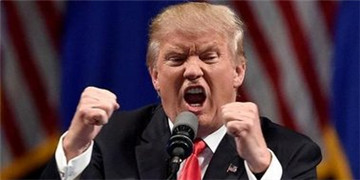
China supports US-EU deal with caution
China on Thursday voiced support for an agreement reached by the US and the EU to put new tariffs on hold while officials negotiate a potential trade deal, but urged the US and the EU to adhere to WTO rules and nondiscrimination principles in any bilateral deal.
2018-07-30 -
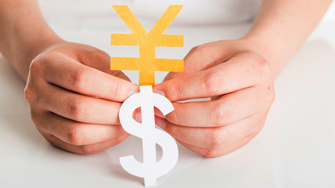
Liu Zhiqin: China never manipulates its currency
That “China is a currency manipulator” is a lie spread out by the US for many years. We found it very interesting that whenever the US met economic problems it used to blame China as a currency manipulator and even threaten to impose punishment on China.
2018-07-30 -
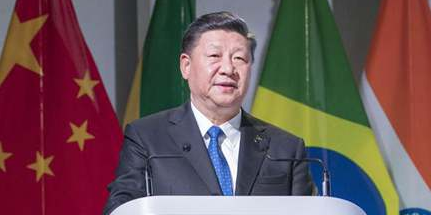
John Ross: BRICS dependent on free trade for development
The leaders of the BRICS countries – Brazil, Russia, India, China and South Africa – meeting in their annual summit this year in Johannesburg represent 41 percent of the world's population. This by itself makes it a key international event – a type of equivalent of a G7 for developing countries. But BRICS represents a greater proportion of world economic growth than the advanced G7 economies.
2018-07-27 -

Liu Zongyi: BRICS should close ranks against protectionism
The 10th BRICS Summit kicked off Wednesday in Johannesburg, South Africa. Under the theme "BRICS in Africa: Collaboration for Inclusive Growth and Shared Prosperity in the 4th Industrial Revolution," the summit has designed an extensive outreach program that engages chair countries of various African organizations based on the BRICS-plus mechanism proposed by the Xiamen Summit last year. Countries including Rwanda as chair of the African Union, Angola as chair of the SADC Organ, Namibia as incom
2018-07-27 -

US multinationals rely more on global markets than Chinese ones
Globalization has boosted trade as well as investment. Most multinationals increasingly rely on a global market for profits rather than their parent country. Analysts call American multinationals economic pioneers and say they're the biggest beneficiaries of globalization as they move to reduce the impact of ongoing trade wars.
2018-07-27 -
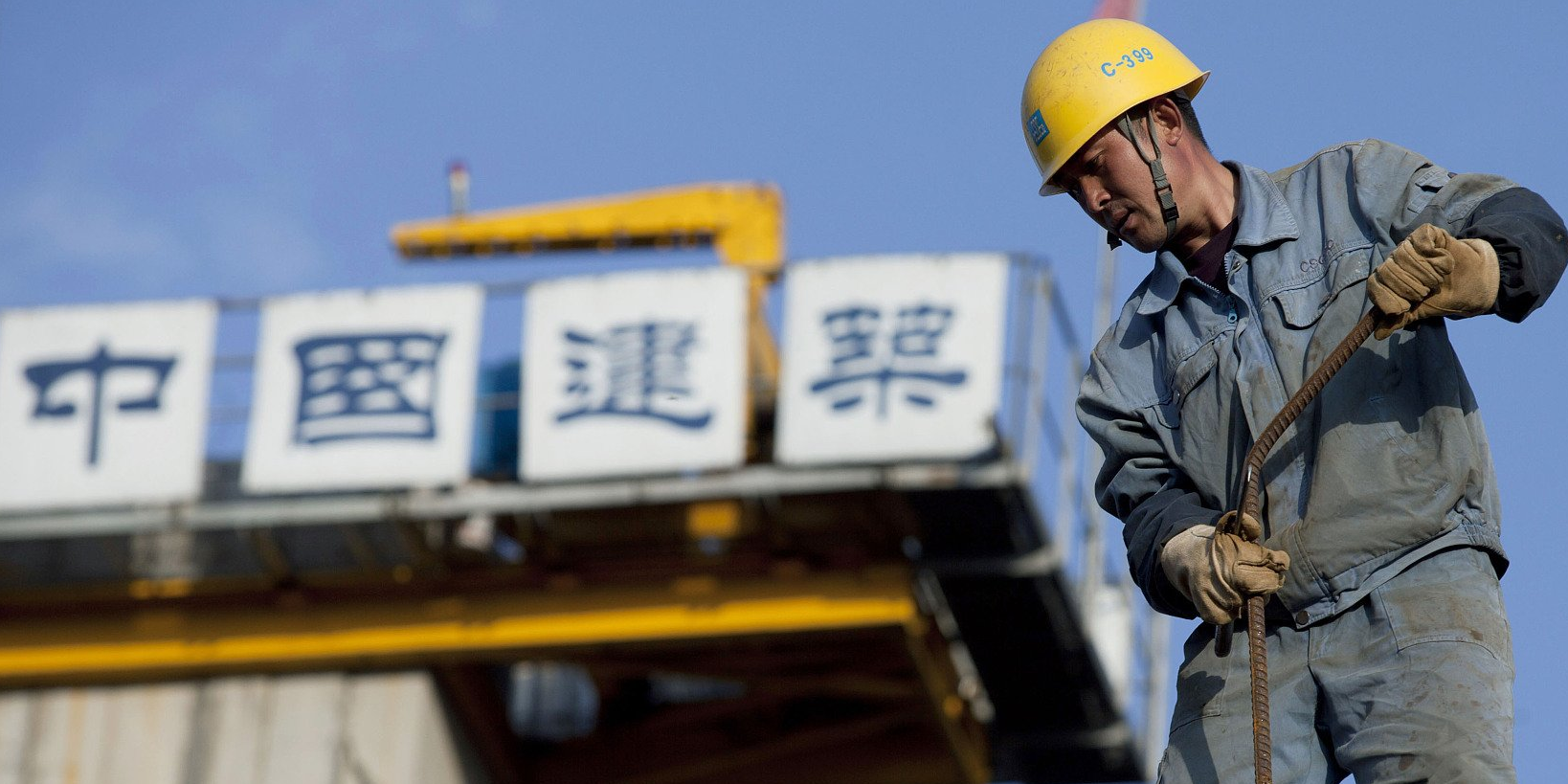
Africa: An opportunity for China
Chinese President Xi Jinping visited Senegal and Rwanda and is in South Africa before attending this week’s BRICS summit. This is Xi’s fourth visit to Africa in five years and the first overseas trip of his second term as China’s leader.
2018-07-26 -

Ding Gang: Chinese students shape US public opinion
The change in the way Americans look at Chinese students in the US is in line with the American mind-set of looking at China. This would help us gauge the public opinion about President Donald Trump's trade war with China.
2018-07-26 -

Zhao Minghao: Political agenda drives ‘China threat’ at sea
Joe Courtney, ranking member of the Seapower and Projection Forces Subcommittee of the House Armed Services Committee, recently speaking at Hudson Institute accused China of challenging the "70-year reign of freedom of navigation" and trying to change the "peaceful rule of law that existed in the maritime realm." The accusation is nothing new compared to what the US has leveled over the past few years.
2018-07-25 -

China's mobile payment tools poised to win more users in US despite trade row
As an emerging sector, mobile payments cannot avoid the negative effect brought by the ongoing trade tensions, which are in nature intended to contain China's further development in the high-technology sector.
2018-07-25 -
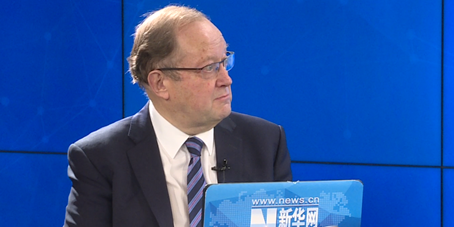
John Ross: Open to trade one of big drivers of China's economic growth
Open to trade is one of the driving forces of China's economic growth, which will continue to grow at about 6.5 percent, said John Ross, Senior Fellow at Chongyang Institute for Financial Studies, Renmin University of China.
2018-07-25 -
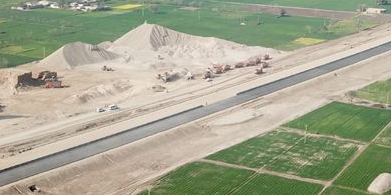
Zhou Rong: Progress on China-Pakistan Economic Corridor tears through rumors
When describing Sino-Pakistani friendship, people often use words like higher than the mountains, deeper than the sea, sweeter than honey, harder than steel, and more precious than the eyes. The two countries have established an all-weather and all-round strategic partnership that is time-tested and is a model for other countries with different social systems to build good neighborly relations.
2018-07-25 -
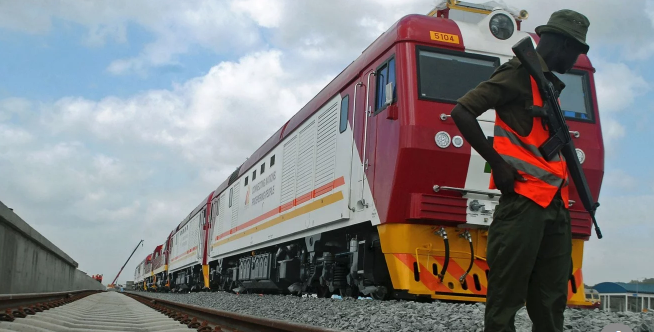
China and Rwanda to seal belt and road deals on Xi Jinping’s strategic influence tour of Africa
China and Rwanda are expected to sign more than a dozen trade and investment deals during Chinese President Xi Jinping’s state visit as Beijing seeks to cement its strategic influence in Africa and the Middle East.
2018-07-25 -

China-Russia ties can reduce dependence on US
The world economy is gradually recovering but the US is causing uncertainty by acting aggressively toward its trade partners all over the world. Against this backdrop, before China, Russia and other BRICS members gather in Johannesburg, South Africa from Wednesday to Friday, the fourth China-Russia Economy Dialogue was held in Beijing by the Chongyang Institute for Financial Studies at Renmin University of China on July 15 and 16. On the sidelines of the conference, Bai Yunyi, a reporter with th
2018-07-25 -

Possible currency war will hurt all Yuan’s decline not ‘manipulation'
China on Monday dismissed recent claims from US officials that suggested China has been deliberately devaluing its currency to gain advantage in exports, saying such accusations are baseless and could lead to a currency war that would further hurt both countries and the global economy.
2018-07-25 -

Authorities investigate vaccine maker as scandal enrages public
China launched a nationwide inspection over the safety of vaccines amid a huge public outcry after evidence showed one of the country's largest vaccine makers fabricated data and provided substandard vaccines to children.
2018-07-23 -

Wang Yiwei: Emerging bloc has challenges and missions ahead
As a multilateral cooperation platform for Brazil, Russia, India, China and South Africa, BRICS has become an active player in global governance. The 10th BRICS summit in Johannesburg, South Africa, from July 25 to 27 is significant, because it brings together the leading emerging economies which are committed to safeguarding and promoting globalization and free trade amid growing unilateralism and trade protectionism in many parts of the world.
2018-07-23 -
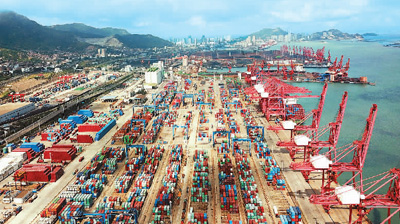
US fails to bag allies against China at G20
The US is trying to offer Europe and Japan free-trade deals at a G20 finance ministers meeting in an attempt to gain advantage in the trade war with China, but was turned down by France as Chinese experts asserted the Trump administration has lost all respect for global trade rules.
2018-07-23 -
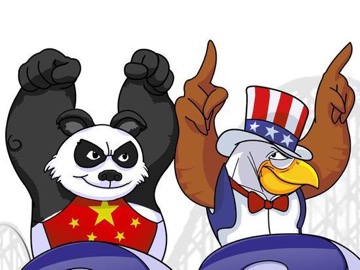
Nation complains to WTO over US tariffs
China lodged a complaint on Monday to the World Trade Organization regarding the United States' proposed tariffs on $200 billion worth of Chinese imports, the Ministry of Commerce said in a statement.
2018-07-20 -
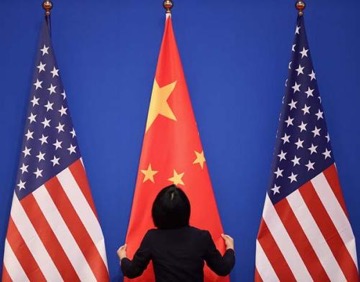
China will never make reforms under US pressure
China will not concede to US tactics, and the "ball is always in the US' court," Chinese officials and experts stressed on Thursday amid trade frictions between China and the US, after US President Donald Trump's top economic adviser accused China of stalling efforts to resolve a growing trade dispute.
2018-07-20 -
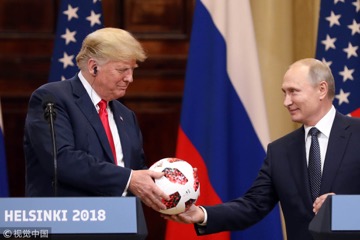
Wen Yang: How does Trump choose his enemies?
US President Donald Trump kept tossing bombs all through his Europe trip. He called the European Union a “foe” of the US soon after the NATO Summit and implied he would trust Russian President Vladimir Putin rather than his own intelligence services after the meeting with his Russian counterpart.
2018-07-20























































































 京公网安备 11010802037854号
京公网安备 11010802037854号





